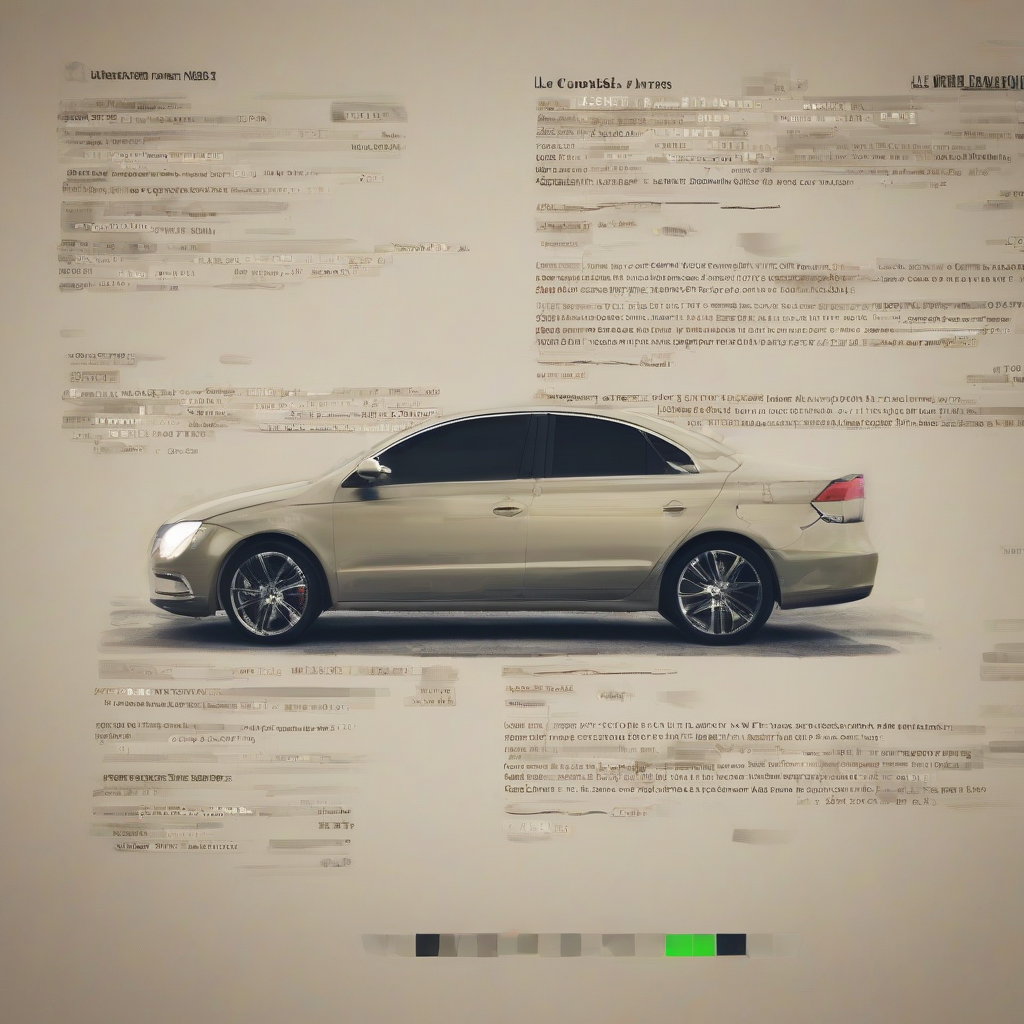Car Donation: A Comprehensive Guide to Donating Your Vehicle
Donating your car might seem like a small act, but it can have a significant impact on your community and the environment. This guide provides a comprehensive overview of car donation, covering everything from eligibility requirements and the donation process to the tax benefits and potential pitfalls.
Understanding Car Donation
Car donation is the act of gifting your vehicle – whether it’s running or not – to a qualified charitable organization. These organizations then either sell the vehicle to generate funds for their programs or use it for their own operational needs. The process offers a convenient way to get rid of an unwanted car while supporting a cause you care about and potentially receiving a tax deduction.
Types of Organizations that Accept Car Donations
- National Charities: Large, well-known charities often have established car donation programs. These organizations often have the resources to handle the logistics of vehicle pickup and sale efficiently.
- Local Charities: Smaller, local charities may also accept car donations. Donating to a local organization can have a more direct and visible impact on your community.
- Religious Organizations: Many religious organizations accept car donations to support their missions and outreach programs.
- Educational Institutions: Some colleges and universities accept car donations to fund scholarships or other initiatives.
- Veterans’ Organizations: Several veterans’ organizations have car donation programs to support their services for veterans and their families.
The Car Donation Process: Step-by-Step Guide
The process of donating your car is generally straightforward, but it’s essential to understand the steps involved to ensure a smooth transaction.
Step 1: Research and Choose a Charity
Thoroughly research the charitable organizations you’re considering. Check their legitimacy using resources like Charity Navigator or GuideStar. Consider their mission and ensure it aligns with your values. Also, verify that the organization is qualified to receive tax-deductible donations under IRS regulations (501(c)(3) status).
Step 2: Gather Necessary Documentation
Before contacting the charity, gather the necessary documents, including your vehicle’s title, registration, and any repair records. Having this information readily available will streamline the process.
Step 3: Contact the Charity
Contact the chosen charity to inquire about their car donation program. They’ll likely provide you with information on their process, eligibility requirements, and what to expect.
Step 4: Schedule a Pickup or Drop-off
Most charities offer free vehicle pickup. They’ll schedule a convenient time to pick up your vehicle from your location. Some organizations may require you to drop off the vehicle at a designated location.
Step 5: Sign the Title and Release Documentation
Upon pickup or drop-off, you’ll need to sign the title and any other release documents provided by the charity. This legally transfers ownership of the vehicle to the organization.
Step 6: Receive Your Tax Deduction Documentation
After the donation is complete, the charity will send you a tax donation receipt. This receipt will be crucial when filing your taxes, allowing you to claim a tax deduction for the fair market value of your vehicle.
Tax Benefits of Car Donation
One of the significant advantages of car donation is the potential for tax benefits. The amount you can deduct depends on the fair market value of your vehicle at the time of donation. However, it’s important to note that the IRS has specific rules and regulations regarding car donation deductions.
Determining Fair Market Value
Determining the fair market value of your vehicle can be crucial. You can use online resources like Kelley Blue Book (KBB) or Edmunds to estimate the value. However, the IRS may not accept these estimations as final. They may conduct their own appraisal to determine the value.
Deduction Limits
The amount you can deduct is typically limited to the proceeds the charity receives from the sale of your vehicle. If the charity sells your car for less than you initially claimed, you’ll need to adjust your tax return accordingly. The IRS may scrutinize significantly high deductions, so it’s best to proceed with transparency.
Record Keeping
Meticulous record-keeping is essential. Keep copies of all documents related to the donation, including the title transfer, the charity’s tax acknowledgment receipt, and any appraisal documents. These records will be necessary for your tax preparation and any potential IRS audit.
Potential Pitfalls of Car Donation
While car donation offers numerous benefits, it’s essential to be aware of potential pitfalls to avoid problems.
Choosing a Reputable Charity
Donating to a fraudulent charity can result in wasted effort and potential legal complications. Thoroughly research the organization’s reputation and legitimacy before proceeding with the donation.
Understanding Tax Implications
Misunderstanding the tax implications of car donation can lead to errors on your tax return. Consult with a tax professional if you have questions or concerns regarding the tax deductibility of your donation.
Dealing with Unsolicited Calls
Be cautious of unsolicited calls or emails soliciting car donations. Legitimate charities typically don’t employ high-pressure sales tactics.
Proper Documentation
Failing to obtain and maintain proper documentation can significantly hinder your ability to claim the tax deduction.
Alternative Options to Car Donation
If car donation doesn’t seem like the right option for you, several alternatives exist for getting rid of your unwanted vehicle.
- Selling the Car Privately: Selling your car privately allows you to get the highest possible price, but it involves more effort in advertising and dealing with potential buyers.
- Trading in the Car: Trading in your car at a dealership is a convenient option, but you’ll likely receive less money compared to selling it privately.
- Junkyard or Scrap Yard: If your car is beyond repair, a junkyard or scrap yard may offer a small amount of money for the vehicle’s scrap metal.
Conclusion (Omitted as per instructions)

